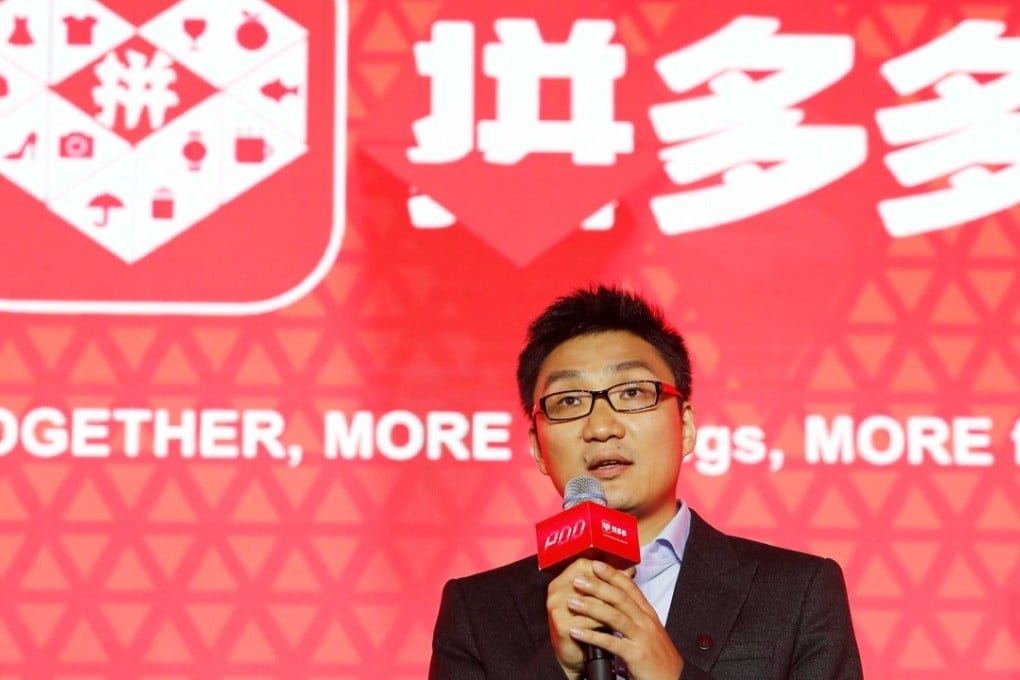China’s market regulators probe Pinduoduo for sale of counterfeit, imitation goods

Social commerce platform Pinduoduo, whose IPO last week made its chief executive Colin Huang Zheng among China’s richest people, has found itself in the crosshairs of China’s regulators over complaints of counterfeit products sold on the platform.
The State Administration for Market Regulation (SAMR) said on Wednesday it is calling for an investigation into the sale of counterfeit products and items that infringe copyright on the Pinduoduo platform.
In a statement posted on its website, the regulator called for the Shanghai Municipal Administration of Industry and Commerce (SHAIC), as well as other relevant market regulators, to investigate Pinduoduo, which is headquartered in the city. Issues to be looked into include the sale of imitation products and counterfeits.
The investigation comes after Pinduoduo issued a statement on Tuesday stating that it has been maliciously targeted with a slew of negative press in the days following its public listing, prompting it to lodge a complaint with the China Internet Network Information Centre, the country’s media watchdog.
A Pinduoduo spokeswoman did not immediately respond to a request for comment.
Within just three years, Pinduoduo has grown to become China’s third-largest e-commerce site, with a 5.2 per cent market share, behind Alibaba’s 58.2 per cent and JD.com’s 16.3 per cent.